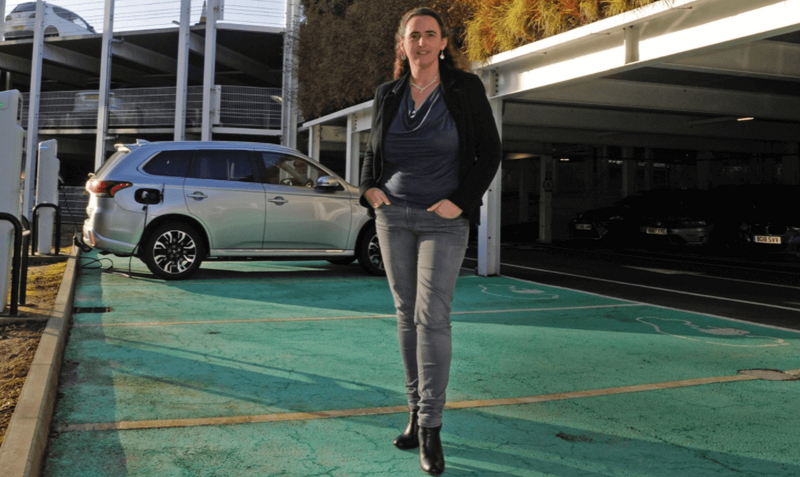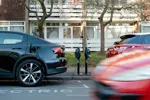
By Lorna McAtear, fleet manager, National Grid
"So, who would want to be a fleet manager right now?
If life wasn’t challenging enough already for fleet managers out there and anyone involved in the transport/automotive industry the current conflict has just exacerbated that further.
I heard somewhere that recent events are a “once in a lifetime” – well I think I’ve lived five lives in the last five years in that case!
Don’t get me wrong, I love being a fleet manager and it is such an exciting time to be one - from the day-to-day management, to learning about all sorts of new technologies, being at the heart of a transport revolution not seen since the introduction of the internal combustion engine.
An opportunity to shape an industry and find solutions to problems we didn’t event know we had, the diversity of skill sets now needed, it is never boring.
Even as optimistic as I am, I struggle to see how we are going to manage our essential fleets.
OEMs are battling supply problems on every single front, from shortages in shock absorbers, semi-conductors, paint and now wiring looms, caused by either COVID, floods, fires or earthquakes. Natural occurrences outside of their control already had many manufacturers on the back foot and fleet managers juggling external pressures and driver demands.
I understand the challenges manufacturers have and one thing I am proud of with our industry is how resilient we are, somehow, we keep going, we keep adapting, we keep problem solving.
As supply chains constrict even further, where are we going to feel the pinch next?
Many of you like me will be feeling the immediate pain either directly or from our drivers in fuel, Adblue and EV cost escalations.
How much more and how quickly can the Government genuinely do to help out, how much more and how quickly can corporates help out?
As we come out of Covid and try to encourage a bit more mobility, we do so in the face of spiralling costs and I see a slowdown in the return to office ambition as a result.
That’s fuel but what about the vehicles themselves.
Our net zero targets are not going away, and quite rightly so. We still have a planet to protect.
This means though that OEMs will still have targets they need to hit and potential fines they need to manage.
Will all the fancy mod-cons be removed?
Will we start seeing less and less of the safety features we have started getting used to?
Will this mean that all ICE production stops?
Will this have a positive effect and accelerate the transition to net zero?
Putting aside the ICE versus EV, where will the other build priorities for production go – retail cars versus fleet cars, cars versus vans, vans versus trucks?
OEMs need to manage their costs, look after their dealerships and supply so will it be a need to manage return on investment or a call to arms to produce commercial vehicles and keep the backbone of our countries going, I know where my preference is?
I know whatever the OEMs decide it will be unpalatable for some.
I know whatever I do as a fleet manager will be unpalatable for many of my drivers.
I’m currently debating extending all my cars from three years to five years so that I can ask OEMs to focus on giving me EV commercial vehicles instead.
Let’s focus on the commercial vehicles which are traditionally always left behind in any programme of change. Collaboration continues to be key and as I’ve mentioned already, I’m immensely proud of how this industry pulls together when the chips are down."
















Login to comment
Comments
No comments have been made yet.